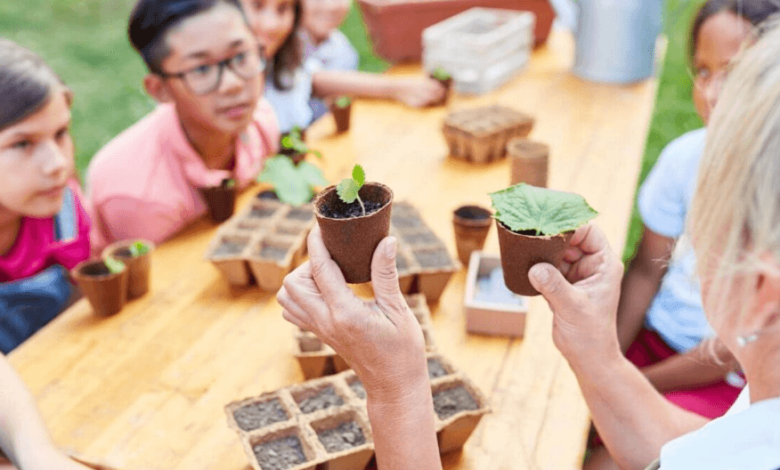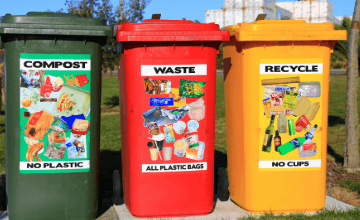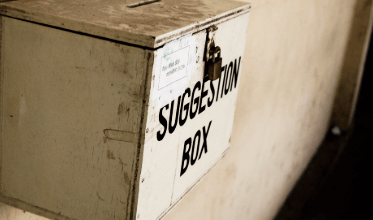Benefits of Attending a Kindergarten Summer Camp

Introduction to Kindergarten Summer Camp
Kindergarten summer camp provides young children with a safe, engaging, and educational environment during the summer months. These programs are designed to promote social, cognitive, and physical development while giving children a chance to have fun and explore new experiences. For parents, kindergarten summer camp offers a structured setting where children remain active and stimulated outside of the regular school year.
Importance of Early Childhood Socialization
Developing Communication Skills
Kindergarten summer camp encourages children to interact with peers, helping them practice effective communication and listening skills. Group activities and collaborative games enhance social abilities, teaching children to share, cooperate, and resolve conflicts in a healthy manner.
Building Confidence
Participating in camp activities allows children to try new things in a supportive environment. Overcoming small challenges and completing tasks independently boosts self-esteem and prepares children for future learning experiences.
Cognitive Growth and Learning Opportunities
Hands-On Learning Activities
Many kindergarten summer camps offer activities that promote early literacy, numeracy, and critical thinking. Through games, puzzles, and interactive projects, children develop problem-solving skills while enjoying the learning process.
Exposure to New Concepts
Summer camps often introduce children to new topics, such as basic science experiments, nature exploration, or introductory arts and crafts. These experiences expand a child’s understanding of the world and stimulate curiosity and creativity.
Physical Development and Healthy Habits
Active Play
Physical activity is an essential part of kindergarten summer camp. Running, jumping, and participating in team games help children develop coordination, balance, and motor skills.
Promoting Healthy Routines
Through structured schedules that include outdoor activities, snack times, and rest periods, children learn about routines and develop healthy habits that they can carry into daily life.
See also: A Balanced Lifestyle with Health and Wellness in Dundas, CA
Creativity and Emotional Expression
Arts and Crafts
Creative projects such as painting, clay modeling, and music sessions are common in kindergarten summer camp These activities allow children to express themselves and develop fine motor skills.
Drama and Role-Playing
Role-playing and storytelling sessions enhance imagination, emotional understanding, and communication abilities. Children learn to identify and express feelings while building empathy for others.
Selecting the Right Kindergarten Summer Camp
Assessing Program Content
Parents should evaluate the variety and quality of activities offered. A good kindergarten summer camp provides a balanced mix of educational, recreational, and creative experiences tailored to the age group.
Safety and Supervision
Ensuring that the camp follows strict safety protocols and maintains appropriate staff-to-child ratios is critical. Qualified teachers and caregivers create a secure and nurturing environment for children.
Location and Accessibility
Consider the camp’s proximity to home, transportation options, and convenience when choosing a program. A comfortable and accessible location reduces stress for both children and parents.
Flexible Scheduling
Some camps offer full-day or half-day programs. Choosing a schedule that aligns with family needs while keeping children actively engaged is essential.
Preparing Children for Summer Camp
Talking About the Camp
Discussing what to expect, including activities, routines, and social interactions, helps children feel comfortable and excited.
Packing Essentials
Parents should ensure children have necessary items such as water bottles, snacks, comfortable clothing, sunscreen, and any specific supplies requested by the camp.
Encouraging Independence
Kindergarten summer camp is an excellent opportunity for children to develop self-reliance. Encouraging them to manage simple tasks, such as putting away their belongings or following instructions, builds confidence and responsibility.
Emotional Readiness
Some children may feel anxious about separating from parents. Supportive conversations, reassurance, and positive reinforcement can ease their transition into camp life.
Conclusion
Kindergarten summer camp offers a comprehensive environment for children to learn, grow, and socialize during the summer months. Through a combination of academic enrichment, creative expression, physical activity, and social interaction, children develop essential skills that lay the foundation for future learning. Choosing a well-structured and supportive camp ensures a rewarding experience that nurtures both the mind and body of young learners.







